Fat rats
Overfed rodents could be throwing toxicology tests off kilter, according to a review published 13 June in Chemical Research in Toxicology.
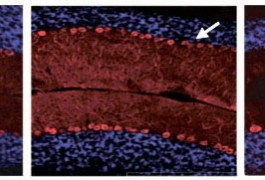
Losing one or both copies of TSC1, one of the two genes responsible for tuberous sclerosis complex, in specific cells of the cerebellum can trigger several autism-like behaviors in mice, according to research published 1 July in Nature.

Studying tuberous sclerosis provides researchers with a unique opportunity to find a common pathway among the various genetic causes of autism, says neurologist Mustafa Sahin.
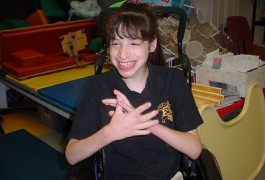
Delicate dosage issues are just one complication of developing gene therapy for neurodevelopmental disorders.
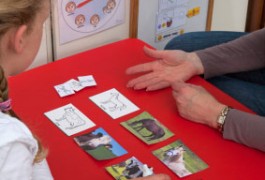
Early intensive behavioral therapy could save more than a million dollars over the lifetime of an individual with autism.
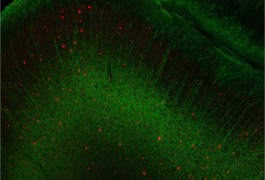
Understanding the function of neuronal circuits, specifically microcircuits in the prefrontal cortex and elsewhere in the brain, will play a major role in translating research findings into new autism treatments, says Vikaas Sohal.

Children who receive a combination of melatonin and behavioral therapy fall asleep faster and have better sleep quality than those who get either treatment alone or those on placebo, according to a study published 22 May in the Journal of Sleep Research.
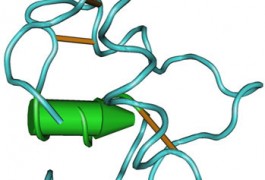
A small clinical trial at the Seaver Autism Center at Mount Sinai aims to test whether an existing drug, the growth factor IGF-1, will help treat some of the core symptoms of autism in children with a specific genetic mutation.
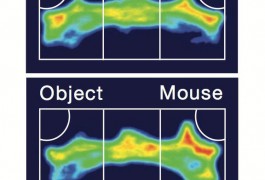
Two new strains of mice carrying different mutations in the SHANK2 gene show similar autism-like behaviors but opposing effects on brain signaling, according to two independent studies published 14 June in Nature.
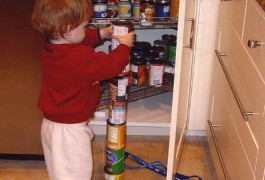
Repetitive behaviors are often motivated by anxiety when children with autism and intellectual disability transition from one task to the next, but they are linked to a desire for attention when the children have free time, according to a study published in May in the Journal of Applied Research in Intellectual Disabilities.